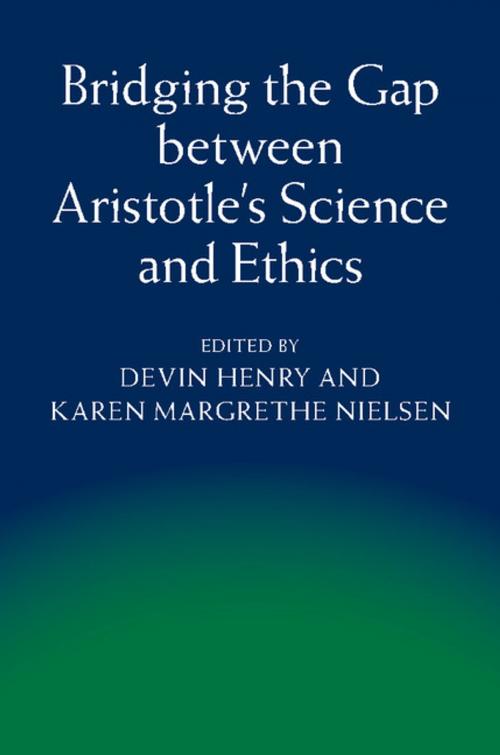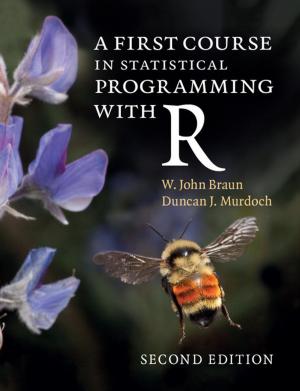Bridging the Gap between Aristotle's Science and Ethics
Nonfiction, Religion & Spirituality, Philosophy, Ancient, Fiction & Literature, Literary Theory & Criticism| Author: | ISBN: | 9781316287507 | |
| Publisher: | Cambridge University Press | Publication: | May 5, 2015 |
| Imprint: | Cambridge University Press | Language: | English |
| Author: | |
| ISBN: | 9781316287507 |
| Publisher: | Cambridge University Press |
| Publication: | May 5, 2015 |
| Imprint: | Cambridge University Press |
| Language: | English |
This book consolidates emerging research on Aristotle's science and ethics in order to explore the extent to which the concepts, methods, and practices he developed for scientific inquiry and explanation are used to investigate moral phenomena. Each chapter shows, in a different way, that Aristotle's ethics is much more like a science than it is typically represented. The upshot of this is twofold. First, uncovering the links between Aristotle's science and ethics promises to open up new and innovative directions for research into his moral philosophy. Second, showing why Aristotle thinks ethics can never be fully assimilated to the model of science will help shed new light on his views about the limits of science. The volume thus promises to make a significant contribution to our understanding of the epistemological, metaphysical, and psychological foundations of Aristotle's ethics.
This book consolidates emerging research on Aristotle's science and ethics in order to explore the extent to which the concepts, methods, and practices he developed for scientific inquiry and explanation are used to investigate moral phenomena. Each chapter shows, in a different way, that Aristotle's ethics is much more like a science than it is typically represented. The upshot of this is twofold. First, uncovering the links between Aristotle's science and ethics promises to open up new and innovative directions for research into his moral philosophy. Second, showing why Aristotle thinks ethics can never be fully assimilated to the model of science will help shed new light on his views about the limits of science. The volume thus promises to make a significant contribution to our understanding of the epistemological, metaphysical, and psychological foundations of Aristotle's ethics.















